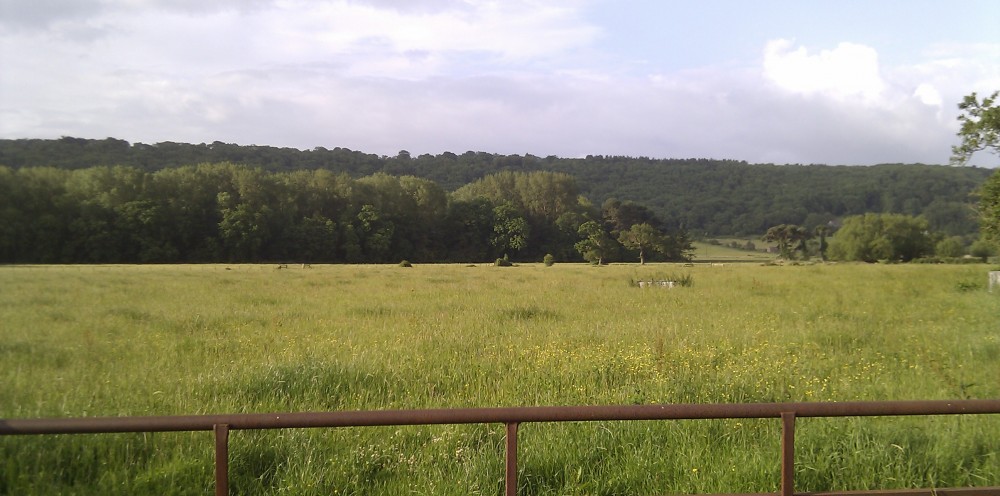Seeing visions: Science’s annual visual challenge – in pictures
The Guardian science section did its bit last Friday to promote the highly technical and specialised skill of microscopy and visualising science, publishing a nice little ‘best of’ gallery of the winners of Science magazine’s 2011 International Science & Engineering Visual Challenge.
 Covering the categories of photography, illustration, informational posters and graphics, interactive games and videos the competition winners just goes to show how important visualising science and not just writing about it is. The pictures even got a raise of interest from a few non-science colleagues.
Covering the categories of photography, illustration, informational posters and graphics, interactive games and videos the competition winners just goes to show how important visualising science and not just writing about it is. The pictures even got a raise of interest from a few non-science colleagues.
Also, it’s great to see that software is helping make science more interactive and ‘real’ to an audience of non-scientists and enthusiasts.
A glass half-full: how an asset approach can improve community health and well-being
One for the reading list this but it sneaks into the read round-up as I’ve read the first few pages with great interest.
As I understand it an asset approach is effectively a look at how partnerships between individuals, public sector organisation and private sector organisations can look for the existing positives in communities and seek to maximise them in time and space (positive things happening more often over wider areas).
As the publications says: ‘The asset approach values the capacity, skills, knowledge, connections and potential in a community. It doesn’t only see the problems that need fixing and the gaps that need filling. In an asset approach, the glass is half-full rather than half empty.’
On first look the asset based approach looks to complement the growth of thinking around complexity and how people and organisations interact with each other. So I reckon it is worth a read and a mull over.
Social media explained using donuts
Simple.
Be Better at Twitter: The Definitive, Data-Driven Guide
While 43,000 tweets is a small sample the subjective feedback makes the summary of this study a worthwhile read.
Read it. Try out the findings. Make Twitter an even more interesting place.
Alzheimer’s brain plaques ‘rapidly cleared’ in mice
Good reporting of research into human disease models in mice from the BBC; very conservative, no false hope, just rational reporting of an idea that might work.
The Alzheimer’s Society predicts the number of people with dementia will reach a million by 2021 in the UK so it is very comforting to know this research is ongoing and has promise.
And finally…
You may have seen a tweet from me in the week about this article from Mark Steel in The Independent on Wednesday:
I hope to expand on this tweet over the next week. But I urge you to read the original article and the measured opinion piece that was opposite it and tell me what you think.
My piece in three sentences (for now) is:
- Mark Spencer has stuck his head over a political and clinical parapet no politician has publicly dared to yet, full marks to him.
- The is limited, if not no understanding in the wider English public of how the NHS works and how it could work better in the future.
- The NHS must reform, now (that does not say I agree or disagree with the current plans) and it is key that the public are spoken to and with by people in positions of knowledge so that the public can make an informed democratic decision.


